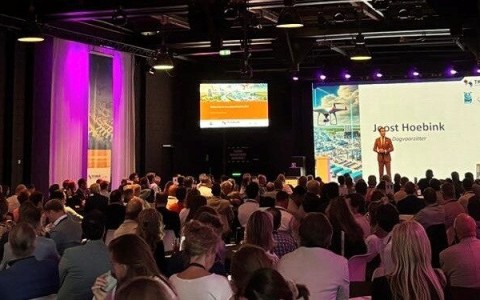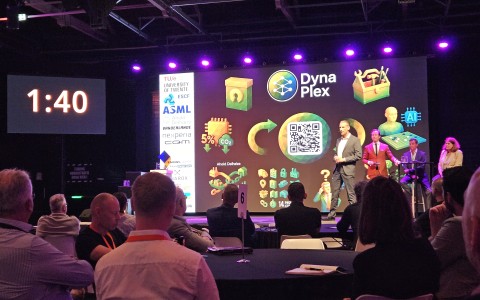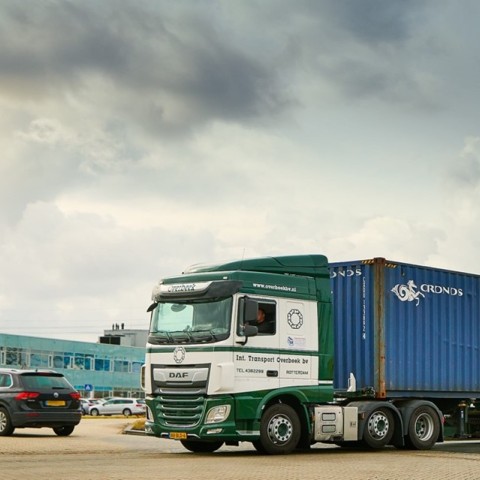Five PPP Innovation projects awarded

TKI Dinalog has granted five research projects that will contribute to one or more challenges as set out in the National Knowledge Agenda for Logistics. This research programming guide focuses on strategic and transdisciplinary cooperation projects between knowledge institutions, companies and governments to develop innovations for sustainable system changes within the logistics sector and wider society. The award involves over 2.4 mln euros, from PPSi funds from the Ministry of Economic Affairs.
Overview of projects (in alphabetical order):
Data-driven optimization of health supply chains in the acute elderly care
Main applicant: Prof Rob van der Mei (Centre for Mathematics and Computer Science).
Over the next decade, the accessibility of our healthcare system is at great risk due to an ageing population and shortage of healthcare providers, which will increase costs and waiting times. This project exploits the potential of recent advances in data analytics, modelling techniques and the availability of data collected by healthcare institutions to improve healthcare processes with an understanding of the performance of logistics supply chains in terms of effectiveness, efficiency and underlying capacity constraints. Lees meer.
Resilience that lasts - Bridging Sustainability and Resilience through Adaptation and Transformation
Main applicant: Dr Ronald de Boer (Windesheim University of Applied Sciences).
The project bridges the gap between supply chain resilience and environmental sustainability, two areas traditionally treated separately. The project explores how organisations can align resilience strategies and practices with an evolving regulatory framework and impending slow, long-term environmental disruptions, ensuring long-term business continuity while meeting legal and societal expectations.
ReSolVe - Regulatory-Ready Resilience for Circular and Compliant Supply Chains
Main applicant: Dr Yousef Maknoon (Delft University of Technology)
As the number of compliance requirements increases and disruptions become multi-tier and cross-domain, it is harder to achieve resilient supply chains with traditional approaches, based on predefined scenarios. Instead of treating risk and compliance as external constraints, ReSolVe integrates regulatory constraints, disruption dynamics and strategic trade-offs directly into a modular, scenario-driven supply chain planning decision framework and tools.
SCOPE - Shelf life Control, Optimized Pricing, and Excess Redistribution
Main applicant: Dr René Haijema (Wageningen University & Research)
The SCOPE project aims to reduce food waste in B2B food chains and improve food safety. The project focuses on system-wide supply chain efficiency, waste minimisation and effective redistribution of food surpluses using cases of a food processor/distributor, wholesaler and food banks.
STRiDE - Strategies for Resilience in Disruptive Environments
Main applicant: Prof Dr Jan Fransoo (Tilburg University)
Disruptions create new requirements for transport routes, storage strategies and distribution networks, both for short-term quick adjustments and long-term strategic adaptations. STRiDE investigates and improves the responsiveness and resilience of global supply chains and Dutch logistics in the face of both human-induced disruptions, stemming from geopolitical risks, and machine-induced disruptions, stemming from the under-regulation of GenAI applications.
More news

Innovation Conference 2025: "Logistics is an enabler of societal transitions"

PhD Valorisation Grant 2025: Saxion University of Applied Sciences and Radboud University researchers strengthen social impact through LEADER project





